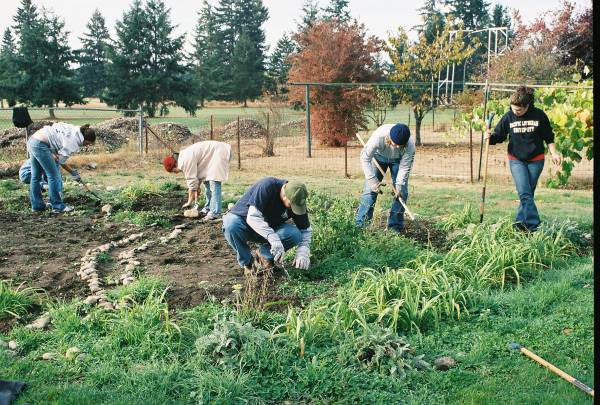 |
| Painting of Plains Indian council by George Caitlin (1796-1872) |
To facilitate the organization for all their mutual needs they devised councils and chiefs. A chief would probably have a sub-chief to assist, and a council of advisors. There might be a council of warriors, a hunter’ council, a council of elders, and if the tribe were large there might be smaller groups, clans, each with a clan chief, and a clan mother who helped the women organize and also advised the men to help them become a useful and valued member of the tribe. A tribe could be likened to a sports team of today; with coaches guiding players to develop their skills and pull together for the common goals of the team.
.jpg) |
| "The Historian" 1902 by E. Irving Couse |
In each generation young people learned and stepped into the various leadership roles according to their skills, talents, and interests. An older family or clan member would take on the guidance of the team. Every task in the community could be seen as a leadership role, and the primary requisite to be good in that role was to be a good listener.
In a time of national elections there are debates where the electorate may ponder the records and leadership skills of those who seek election. There are attacks and counter attacks and appeals for support and unity, but much argument, much emotion, acrimony, anger and the stirring of fear and resentment. There is much opposition, even bitterness, and little harmony. Any listening that is done is for negating, not for understanding
Most of that is caused by the inequality of power and wealth in society as a whole. The wealthy and powerful want to maintain their wealth and power; controlling not only the government, but also the information that is dispensed to the public through education and the media.
Our problems are also caused by sheer bigness. The scale of the institutions of government and all human activities in medicine and health, education, welfare, justice and so on is so great that we are not dealing with each other as human beings, and we are not met with understanding and compassion. We have created an inhuman society of isolated and alienated individuals. All of whom nevertheless need the closeness, support, understanding and acceptance of others, and all of whom who strive for, wish for, but only rarely find that.
We are dependent on governments and businesses that are too big to consider and cherish us. We struggle with the oppression and isolation yet are often also able to feel the inherent kindness, compassion and helpfulness of individuals. Those traits we all inherit from our tribal pasts when we actually lived close to and dependent on every one in our community. We reach out to help those who are hurting.
But also we feel that lack of community in the soulless indifference of our growing cities. Our marriages begun in joy and hope begin to erode under contemporary stress. Over half are dissolved in divorce with many of the rest only maintaining a civil distance, adjusting to a loss of deep connection and appreciation for each other. Children, feeling the lack of affection and support, often rebel and leave home without ever knowing the saving grace of unconditional love.
Love, our very center, that we value above all else, is difficult to find and maintain in our individualistic, competitive, materialist, stressful and alienating society. So for a truly satisfying, meaningful life filled with love, creativity and joy, filled with the support and encouragement of the people we live work and play with, we need to exit the strife, the struggle, the competition and dependence on the institutions of society, and go back to our source. Back to helping one another, back to opening our hearts and living our authentic selves with each other, back to thinking and creating together, to listening to each other’s needs and helping them all be met.
That means having communities small enough that we can listen to one another and work together. Those smaller human communities or clans may also band together with other clans into somewhat larger communities or tribes with common interests and needs in the environment, and those tribes can network with other tribes into larger nations with mutual interests in the environment of the whole region.
Living in a close relationship with the natural environment, with our plant relatives, our gardens, our farmlands, our orchards, our forests, our animal relatives, both domestic and wild, with the meadows and plains and deserts, the hills and mountains, the streams, rivers, lakes and oceans, we can agree on sustainable ways of living. Ways that we can pass on to our children and grandchildren instead of the world we now leave them, a world of violence, war, fear, anger, pollution, ugliness, degradation of soil, water and air, and dire climate changes.
All this is possible when we connect, think and work together. And that becomes more possible the more we organize. Which means the more we encourage leadership. Every community, every movement every positive change of the past was begun by and realized through the energy and inspiration of people exercising leadership in a positive way.
| (Photo by Jordi.Stals via Wikimedia Commons) |






